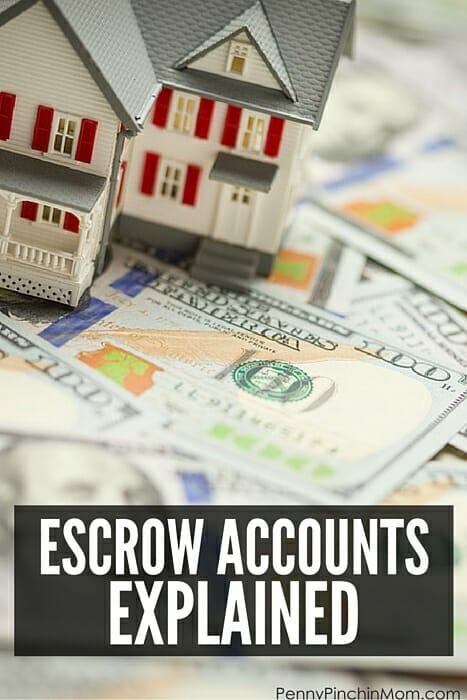One term you will hear when you are getting ready for your closing is regarding an escrow account. An escrow account is an account that holds payments to be paid at later date. They will include up to two month’s of mortgage payments, property taxes and home owner’s insurance.
The escrow account exists to protect the lender against any negligence on the part of the buyer. Escrow companies function as neutral third parties. They simply collect funds and documents involved in the closing process. These include everything from your earnest money to the signed deed.
If you put less than 20% down on your home your lender may require an escrow account. If you are purchasing under an FHA loan or a VA loan, an escrow account will be required.
\When a mortgage loan is used to purchase a house, the house itself serves as collateral to secure the lender’s interest. The lender wants to ensure that no other liens are placed on the property. They also want to make sure that the home is insured, in the case of an accident or damage.
If you do not pay your property taxes, it can result in a tax lien or tax foreclosure. A home damaged in a fire or natural disaster might be too expensive to repair without insurance. These situations are not favorable to the lender, so the escrow account ensures that they don’t wind up with a loss.
A deed naming you as the homeowner will be prepared and filed after closing. When you pay your down payment and closing costs, your lender will send some of this amount to escrow.
Once the escrow account is established, each month you will pay the lender an additional amount on top of the mortgage payment. The additional amount is placed into your escrow account until property taxes or insurance premiums are due. Your lender will pay the bills directly on your behalf out of the escrow account.
The monthly escrow payment is calculated by the lender each year. They analyze property tax rates and the cost of insurance, divide that total by 12 and determine your monthly obligation. This also covers incremental changes in property taxes.
As your insurance and taxes increase, so will the amount you need to pay into escrow. Once your home is paid in full, you will then close the account and be responsible for paying your taxes and insurance yourself.
Check out all of our posts in our home buying and selling series!
For more ideas on budgeting, click http://twitter.com/savinmavens or visit https://www.communityamerica.com/mortgages
The blog and its opinions are expressly that of its author and does not convey the opinions or strategies of the Credit Union and should not be considered financial advice. CommunityAmerica’s Mortgage offers are subject to credit approval and terms may vary based on conditions.

